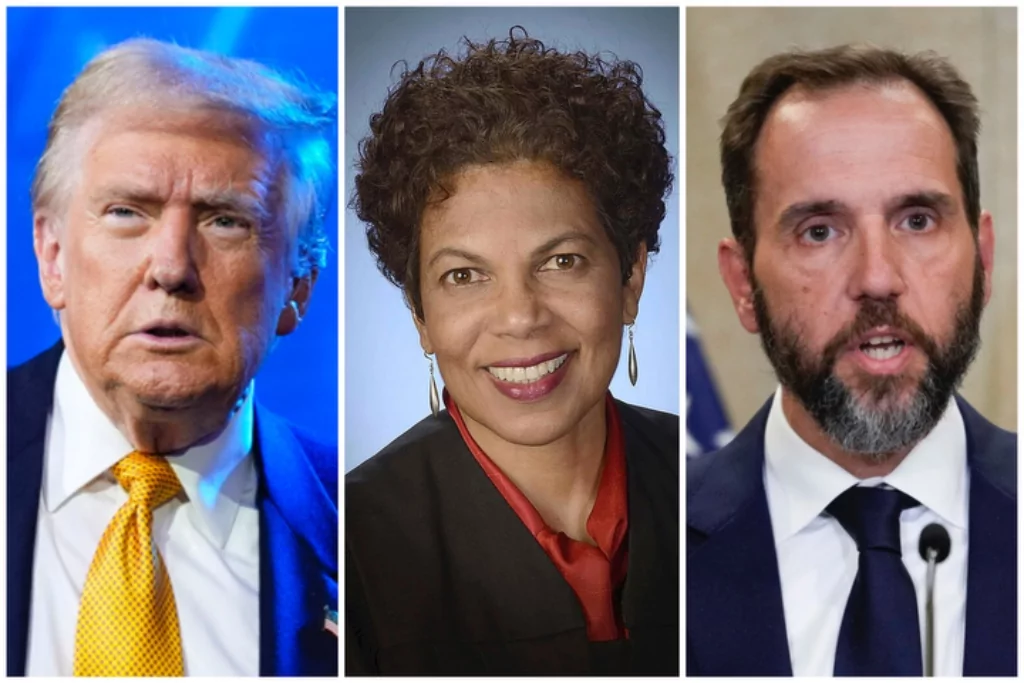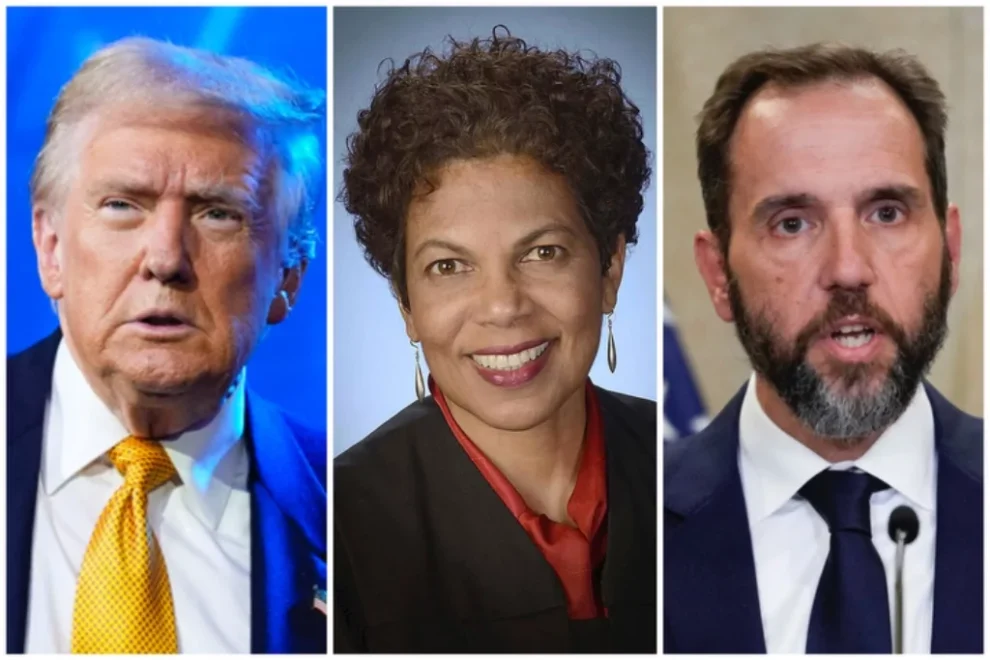Special counsel Jack Smith on Wednesday provided additional details on former President Donald Trump’s alleged efforts to overturn the 2020 presidential election, offering a plan to disprove what he called Trump’s “false claims” about election fraud and fight against the Supreme Court’s immunity decision.
The 165-page motion, unsealed Wednesday by U.S. District Judge Tanya Chutkan, includes new revelations about plans by a Trump campaign employee and alleged co-conspirator to incite chaos at a ballot-processing center in Detroit.

According to one section of the lengthy filing, a 2020 Trump campaign employee allegedly aimed to disrupt operations at Detroit’s TCF Center, a key site for vote counting in Michigan.
Prosecutors alleged that the goal was to foment unrest among Trump supporters as part of a larger effort to challenge the certification of the election results. The motion claimed that this was just one piece of a broader, multistate plan to undermine the electoral process.
“Shortly after election day, the defendant began to target the electoral process at the state level by attempting to deceive state officials and to prevent or overturn the legitimate ascertainment and appointment of Biden’s electors,” the motion stated. Prosecutors detailed how Trump and his co-conspirators pressured state officials in battleground states including Michigan, Georgia, and Pennsylvania, using false claims of voter fraud to try to sway the outcome.
The motion also painted Trump as a defendant who “acted as a candidate when he pursued multiple criminal means to disrupt, through fraud and deceit, the government function by which votes are collected and counted.”
The motion further emphasized that these actions were part of a “private scheme” disconnected from Trump’s role as president, an argument that seeks to contravene a Supreme Court ruling from July that found Trump and other former presidents enjoy some immunity from prosecution.
CLICK HERE TO READ MORE FROM THE WASHINGTON EXAMINER
Prosecutors are now asking the court to rule that Trump is not immune from prosecution for his alleged attempts to interfere with the election and are pushing for a trial to proceed.
This is a developing story and will be updated.
























